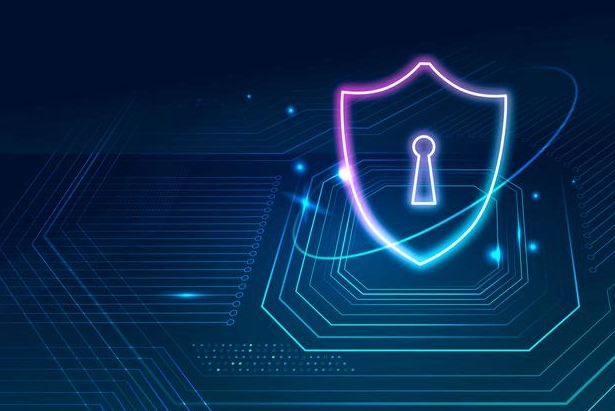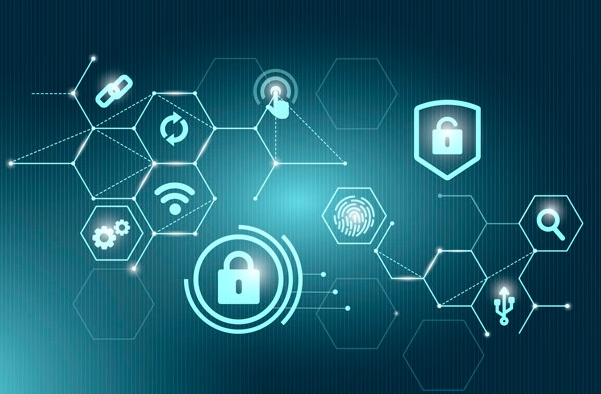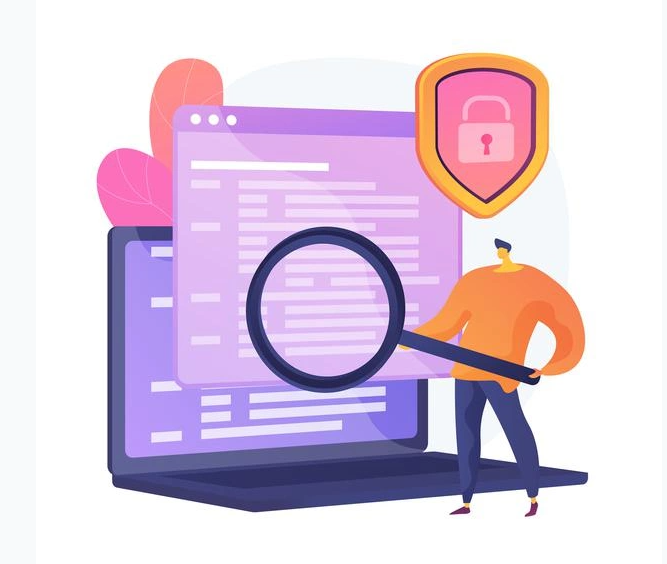Take a deep dive into Internet Security
HumanMax offers a programme for training students to identify fake information,
manage computer-based system security, assess risks,
and make decisions using networking technologies to tackle internet security challenges.
Background

Background
The infiltration of Information Technology into every aspect of our life has raised a surge in digital security threats such as fraud emails, ransomware and Distributed Denial-of-Service attack (DDoS) attacks. We have become increasingly exposed to social media and online content. There is a growing need for us to behave appropriately, respectfully online and to avoid online risks. Therefore, it is essential for us to learn the tools and skills to identify false content and to use appropriate safety settings on devices, programmes, and social media to protect personal data and avoid infringement of privacy. Equally, there is an urge for knowledge in cyber security measures for business sectors in order to comply with the Laws of Hong Kong such as theNational Security Law.
What is Fake News?
Fake news refers to false or misleading information presented as news or fact. It often has the aim of damaging the reputation of a person or entity, or swaying beliefs, or making money in a deceptive manner.
Programme information

HumanMax Internet Security Programme
HumanMax offers a programme for training students to identify fake information, manage computer-based system security, assess risks, and make decisions using networking technologies to tackle internet security challenges. We provide up-to-date knowledge and information to help students better understanding the relevant laws of Hong Kong including National Security Law from the perspective of internet security.
The objective of the programme
This programme aims to enhance students’ comprehension of fundamental concepts, principles of computer and information security theories. It provides students with the best practices in information security procedures to help prevent, protect, detect, and respond to those risks. Students will also be given an understanding of news identification techniques, cryptography algorithms, software security, physical security, and internet use practices that comply with the Laws of Hong Kong.
Mode of Study
There are two offering modes: Seminar Mode or Content Only Mode. For the Seminar Mode, HumanMax will conduct for the school a 1.5-hour intensive seminar. Under the Content Mode, we will provide 5-hour teaching materials for the school.
Seminar Mode
- Duration: 1.5 hours
- Language: Cantonese complemented with English
- Materials: digital seminar notes
- Trainer: Information Technology professional with knowledge and experience in the topic of intemet security
Content Only Mode
- Duration: 5 hours ( in content )
- Language: English in Material
- Content: Digital teaching materials ( PDFs and videos)
- HumanMax will provide the content only. The school will carry out the teaching.
Intended Learning Outcomes

Upon completion of the programme, students should be able to:
- Describe the key concepts of IT security and identify the types of risks and threats to IT security
- Describe the importance, scope, and challenges of information security.
- Apply appropriate internet use practices in compliance with the relevant section of the Hong Kong Laws
- Apply the fundamental concepts, principles, and theories of computer and information security to
- solve security problems
- Reflect on the current and good practices in protecting computers, devices, and networks
- Assess the reliability of news and information with good practices on information security
Curriculum

- Security Content and Data Threat in Daily Life
- Digital Fraud, Malware and Protection
- File Security and Protection
- Fake News Identification and Social Impacts
- Types of Fake News
- Identification of Online News/ Doxing Technique
- Cyber Terrorism and Social Engineering Attacks
- Social Engineering Attacks
- Privacy, Copyright, Free Speech
- Local Laws and Appropriate Internet Use Practice
Ordinances referred to in the Curriculum
-
- Telecommunications Ordinance
- The Unsolicited Electronic Messages Ordinance (Cap 593 of the Laws of Hong Kong)
- Personal Data (Privacy) Ordinance
- The Official Secrets Ordinance
- Section 161 of the Crimes Ordinance
- Section 2 of the Theft Ordinance
- Trustee Ordinance
- The Securities and Futures Ordinance
- National Security Law





